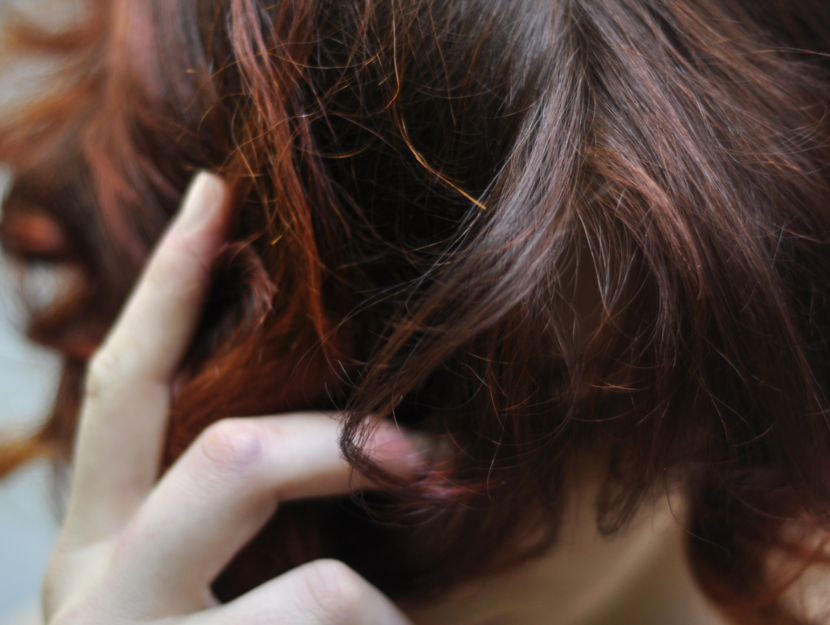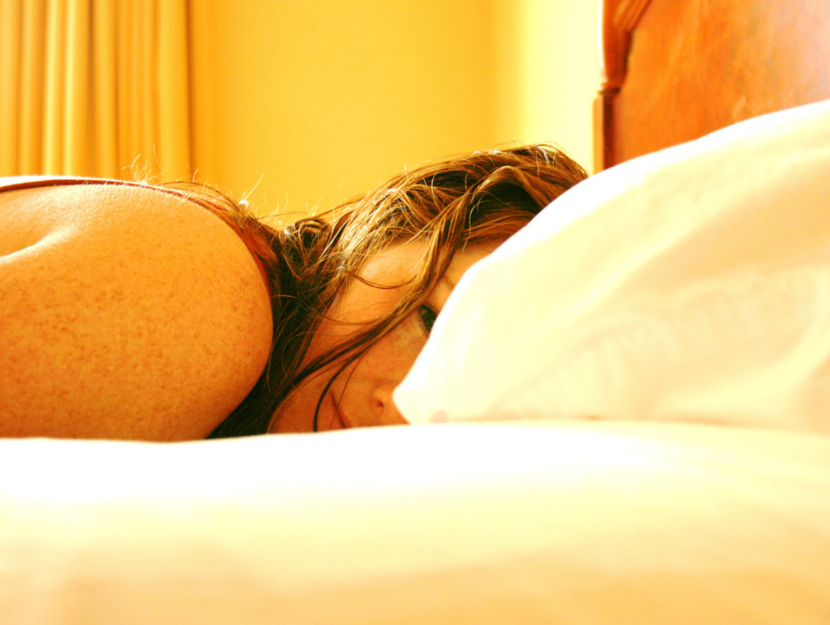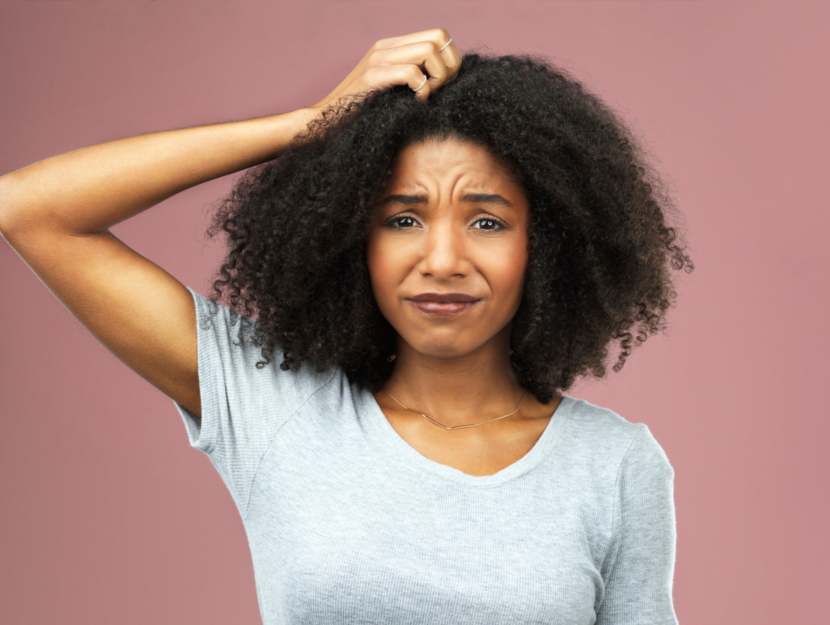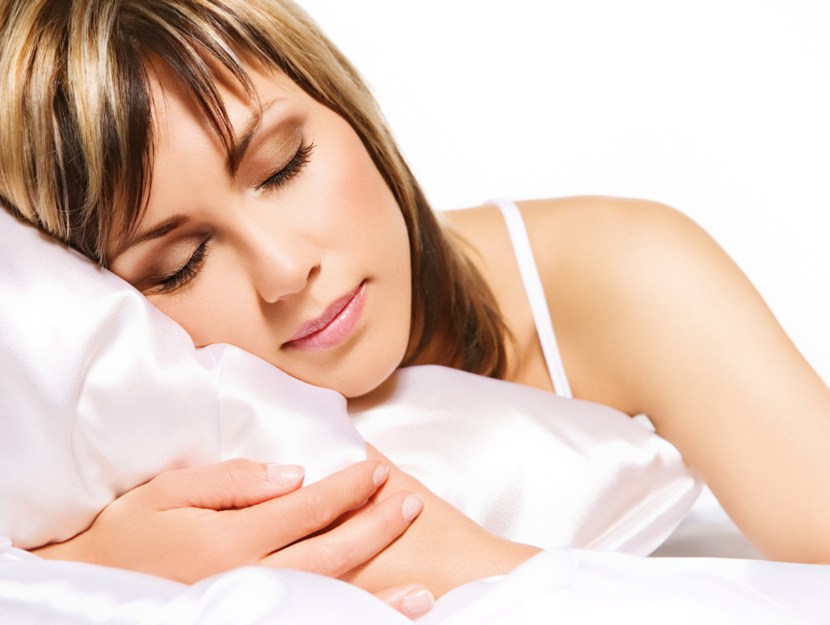Many people, especially in the summer, tend not to dry their hair before going to sleep. Very wrong! Despite the high temperatures that could discourage you from using the hairdryer, especially if you have thin hair, this practice can cause damage to your hair, compromising its healthy and well-groomed appearance. Find out why this is a habit to avoid!
Don’t dry your hair before going to sleep? A practice to avoid!
Especially in summer, we are often tempted to dry our hair in the air without exposing ourselves to the annoying jet of hot air from the hairdryer. This habit is adopted primarily to save time and avoid sweating just out of the shower, but also because it is often thought that in this way it is possible to obtain a wild and natural effect that especially during the summer is very cool.
Let’s dispel the myth: going to bed with damp hair is not the right choice neither in terms of time-saving, nor to get screaming beach waves.
Indeed, the negative consequences can be different. It’s not just about getting sick or having nagging muscle aches or heavy headaches, but the hair itself is much weaker when wet. For this reason, when we move during sleep, we risk damaging them unknowingly.
Because drying your hair without a hairdryer is not good for you
You risk catching an annoying cold
Not only in winter, but also in summer, leaving your hair wet without drying it with a hairdryer can cause discomfort such as headache, sore throat is terrible cervicals. In fact, humidity causes a sudden change in body temperature.
Therefore the rule of using the hairdryer correctly must apply not only to those with long hair, but also to those with short hair. Getting rid of all the accumulated moisture by shampooing is important for everyone!
You can promote the appearance of dandruff
If you leave your hair wet, you risk bacteria proliferating on the skin, leading to appearance of dandruff, or to the intensification of this annoyance if you already suffer from it. These microorganisms in fact prefer warm and humid environments, so going to sleep with wet hair could favor the onset of scalp problems.
Air-dried hair is likely to wear out and lighten
Air-drying hair is often thought to be the easiest way to achieve a fluffy mane. Perhaps you don’t know that this practice tends to ruin them and you risk having to resort to rather expensive repair products and treatments to remedy the damage.
We always recommend that you apply nourishing and moisturizing products after shampooing precisely because of the risk of ruin the hair and above all of make the tips dry, especially when it comes to thin hair. But not only that: even the color tends to lose its shine and also to change tone. Have you ever seen your hair change after going to the pool? Unfortunately, chlorine and salt make us happy, but it is not exactly the same for our mane!

Wet hair is much more vulnerable and breaks more easily
Hair, when wet, is very vulnerable. This translates into the risk that, moving in sleep, twist, knot or break.
For this reason, just as you absolutely mustn’t comb your damp hair too hard, at the same time, you shouldn’t toss and turn too much in bed if you haven’t used the hair dryer after shampooing.

You can feel itchy and cause inflammation of the skin
THE mushrooms that infiltrate and proliferate among the skin cells due to wet or damp hair can cause inflammation and itching. These annoyances then remain even when your hair is perfectly dry, so if you want to avoid them try to dry your hair as well as possible.

Some tips for taking care of your hair before going to sleep
After having ascertained that drying your hair with a hairdryer even in summer must be a practice, we give you some tips regarding products and habits to be adopted today.
- Silk pillowcase: in recent months there has been a lot of talk about this cuddle for the pillow to rest the hair that glides on the fabric in a natural way without tangling or breaking. A real benefit especially for those with wavy or curly hair. But that’s not all: silk also makes the skin brighter and softer, helping the action of creams and serums.

- Moisturizing night mask: there are several products and packs to apply to the hair before going to bed. Often they are put on dry hair, wear a cap and remove in the morning proceeding with rinsing and shampooing.
- Nightcap in thirst: as an alternative to the pillowcase, you can choose, of the same fabric, a turban to put on the hair before going to sleep. This will greatly reduce the friction that we naturally exert on the locks and scalp while we sleep and roll over in bed.

